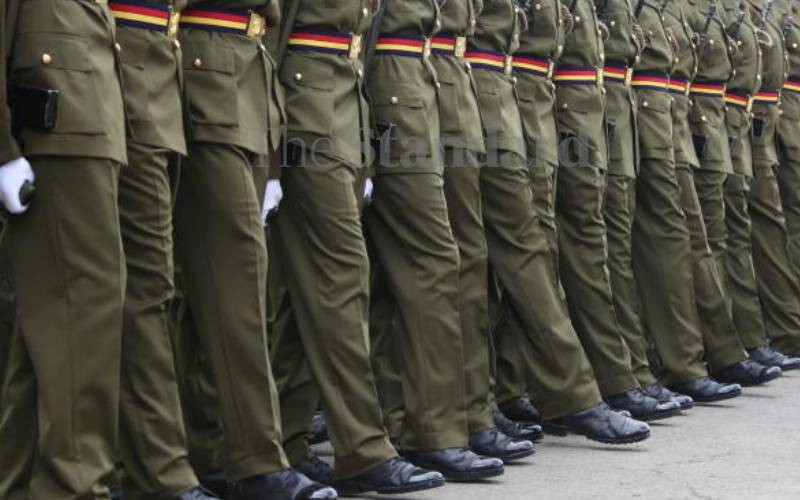
Does Kenya have a police brutality problem? To answer that question, one would need to understand the history of policing globally.
On the face of it - and in many cases this is true - it is generally understood currently that the function of the police is to protect and serve. We are taught that the police exist in a State to ensure that security is maintained, crime is curbed or prevented, and the citizenry feels safe. But the truth behind policing is far more different than that and, like most nefarious systems, begins with a history of slavery and colonialism.